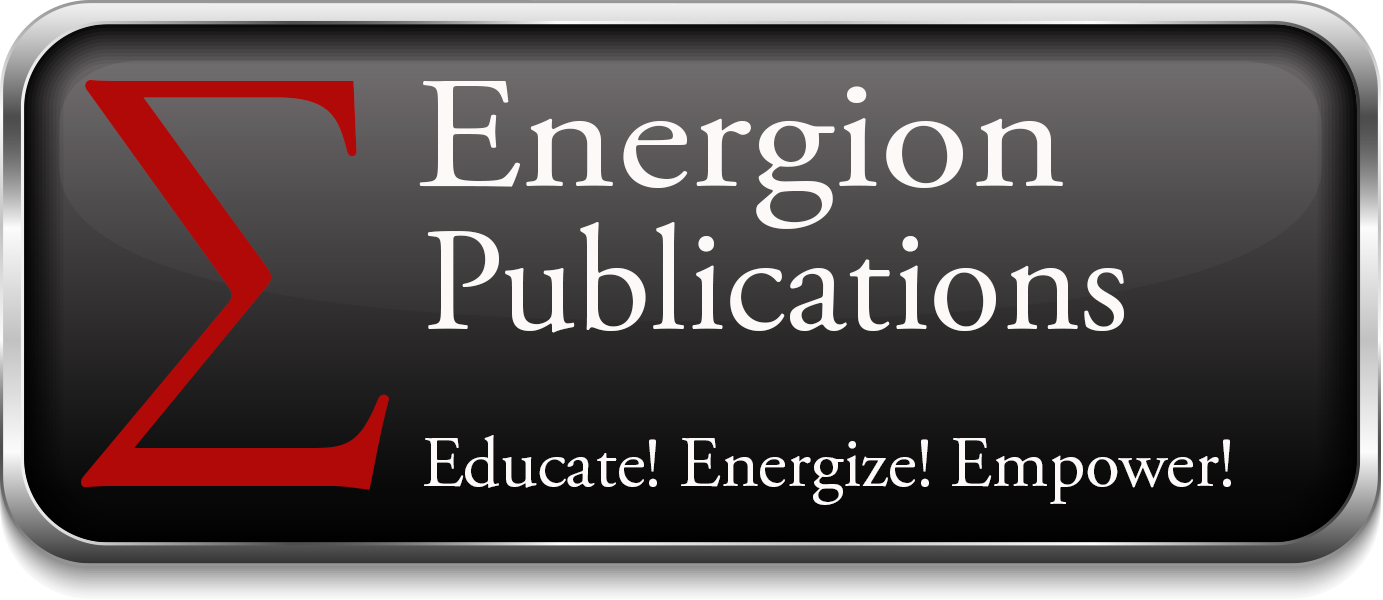Writers: Consider Your Audience
I’ve changed my own job function so that my main function is marketing (besides general management), rather than editing. One theme that has followed me through this change is this: A writer’s audience is critical.
To write effectively, you must always consider who you’re writing to. Note that I placed a preposition at the end of the previous sentence. The self-anointed grammar police regularly complain about that. And incomplete sentences. But more on that later. (Starting a sentence with a conjunction is OK. Really!)
Let us suppose that you are writing a book for the aforementioned grammar police, perhaps the imaginary National Association of Grammar Enforcers. Because you are highly enlightened, you realize that one can, in fact, start a sentence with a conjunction. Further, incomplete sentences are occasionally a good rhetorical tool. Like this one. Even more, you find prepositions are just the thing to end a sentence with.
Let’s further suppose that your topic is something esoteric, such as the selection of the best font to help convey your message in a written text. This brings us to an interesting point.
Should you display your grammatical freedom, granted you by myriads of style manuals and the use of English by famous writers? Or should you perhaps use a more formal and structured rhetorical style?
You may want to put your linguistic enlightenment on display, but you need to ask yourself just what that accomplishes. If your intent is to inform this specific audience about fonts, you may want to use language that will not annoy them. You consider your audience, in this case in the choice of your rhetorical style.
If I was talking about writing to a group of children, I would look through my paragraphs above, and consider replacing words like “aforementioned,” “enlightenment,” and “esoteric.”
You may consider all of this obvious, but when I ask authors to alter their vocabulary or provide definitions in the text or in footnotes, they frequently tell me that their readers need to improve their vocabulary or go buy a dictionary. They refer to the process of clarifying their own writing as “dumbing down.”
Here’s the big problem: The dumb one is the person who ignores the audience in choosing words and style. I call it “dumbed up” writing. It looks fancy and educated, but it fails to accomplish its purpose.
A fisherman would reject equipment that, while looking quite fancy and sophisticated, failed to be useful in catching fish. Writers are often not as perceptive. They use words that do not convey their intent to their chosen audience.
Don’t tell me you’re educating your audience either. If you want to educate your audience, write an educational book in which you teach them the new words and constructions you love. They can pick up your book on that subject if it interests them.
Do your utmost to eliminate those things from your writing that will drive away people who might otherwise benefit.
(Tomorrow, in seemingly reverse order, I will discuss choosing your audience.)


